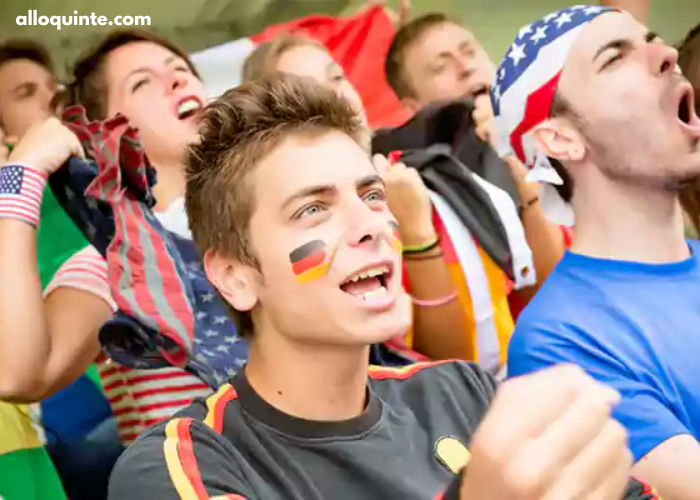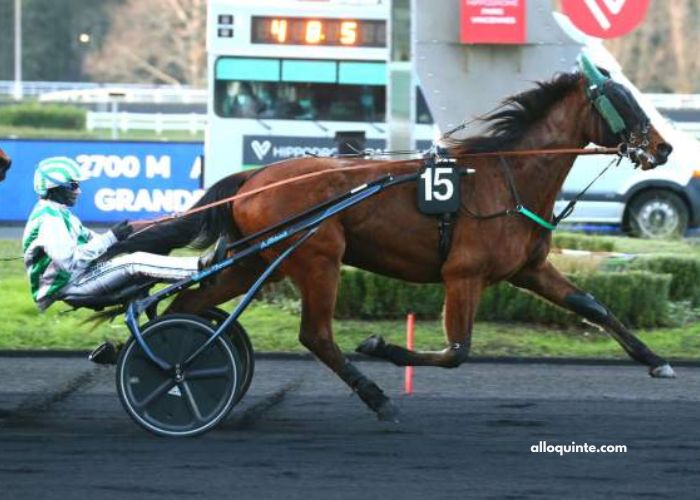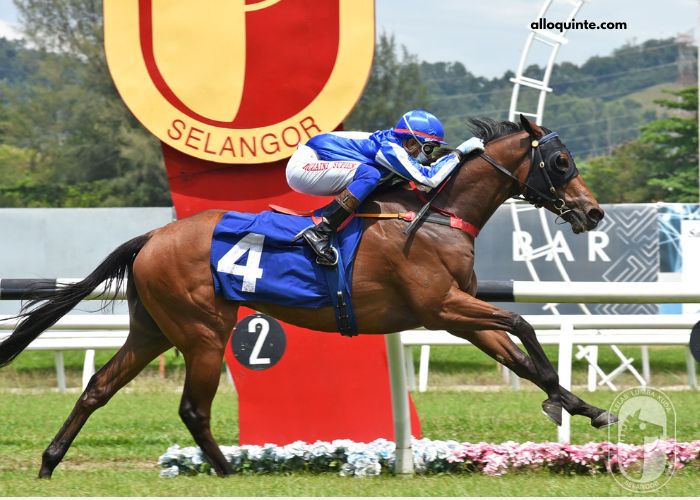Sports, a universal language that transcends borders, unites nations, and bridges cultural divides, has long played a significant role in shaping the world’s social fabric. From ancient competitions like the Olympics to modern-day international tournaments, sports have the unique ability to foster a sense of belonging, break down barriers, and promote understanding among diverse cultures. In this article, we will explore the profound global impact of sports as a unifying force that brings people together and fosters a sense of shared identity and community.
A Brief History of Sports as a Unifying Force
The concept of sports as a unifying force dates back thousands of years. One of the earliest examples is the ancient Olympic Games, which began in Greece around 776 BCE. These games, held every four years in Olympia, attracted athletes and spectators from different Greek city-states and beyond. During the Olympic truce, a sacred period of peace, warring states would temporarily set aside their conflicts to allow safe passage for participants and spectators.
Similarly, in ancient China, martial arts competitions and dragon boat races brought people together from various regions, fostering a sense of unity and shared cultural heritage. These historical examples illustrate that sports have a long tradition of transcending political and cultural boundaries to bring people together.
Modern Sports and Global Unity
In the modern era, sports have continued to play a pivotal role in uniting nations and cultures. Here are some key ways in which sports have had a global impact:
International Competitions
International sporting events like the FIFA World Cup, the Olympics, the Rugby World Cup, and the Cricket World Cup serve as platforms for countries to come together in a spirit of competition and camaraderie. These events provide a stage for athletes to represent their nations, showcase their talents, and forge connections with people from around the world.
The FIFA World Cup, for instance, draws billions of viewers and participants from nearly every corner of the globe. It transcends language barriers and cultural differences, as fans from diverse backgrounds join together to celebrate the beautiful game of soccer. This sense of unity and shared enthusiasm for a common sport is a testament to the power of sports to foster global connections.
Diplomacy and Soft Power
Sports diplomacy has emerged as a valuable tool for international relations. Governments and organizations recognize the potential of sports to build bridges and improve relations between nations. Ping-pong diplomacy, a series of table tennis matches between the United States and China in the early 1970s, played a significant role in thawing relations between the two countries, leading to Richard Nixon’s historic visit to China in 1972.
The use of sports as a form of soft power is not limited to bilateral relations. Hosting major sporting events, such as the Olympics or the World Cup, provides countries with an opportunity to showcase their culture, infrastructure, and hospitality to the world. These events can help improve a nation’s image on the global stage and foster international goodwill.
Cultural Exchange
When athletes from different countries come together to compete, they also engage in cultural exchange. They share their customs, traditions, and experiences, fostering a deeper understanding of one another’s cultures. This exchange can lead to lasting friendships and a sense of global community.
The Olympic Village, for example, is a microcosm of the world during the Olympic Games, where athletes live and interact with their peers from diverse backgrounds. This environment encourages cross-cultural friendships and learning, challenging stereotypes and prejudices.
Social Impact
Sports have the power to address critical global issues and inspire positive change. Athletes often use their platforms to advocate for social causes, such as gender equality, racial justice, and environmental sustainability. These actions resonate with a global audience, sparking conversations and driving collective action.
Prominent athletes like Muhammad Ali, who spoke out against the Vietnam War, or Colin Kaepernick, who knelt during the national anthem to protest racial injustice, have shown how sports can be a catalyst for social change. Their actions have inspired others to use their voices and influence to address important global issues.
Case Studies: Sports Uniting Nations and Cultures
To illustrate the global impact of sports in uniting nations and cultures, let’s explore some compelling case studies:
The Miracle on Ice (1980)
During the Cold War, the United States and the Soviet Union were locked in a tense geopolitical struggle. The 1980 Winter Olympics in Lake Placid, New York, provided an unexpected opportunity for a moment of unity. The underdog U.S. ice hockey team, made up of amateur and college players, faced off against the highly favored Soviet team, composed of seasoned professionals.
The U.S. team’s stunning victory over the Soviets, often referred to as the “Miracle on Ice,” captivated the world and transcended politics. The moment of triumph brought Americans together, regardless of their political views, and also garnered respect and admiration from people around the world. It served as a reminder that even in the midst of a Cold War, sports had the power to unite nations and inspire hope.
Rugby and Apartheid (1995)
South Africa’s victory in the 1995 Rugby World Cup had a profound impact on the nation’s healing process after the end of apartheid. The tournament, hosted by South Africa shortly after Nelson Mandela’s release from prison and election as president, presented an opportunity to unite a deeply divided country.
Mandela, who understood the symbolic importance of sports, used the Rugby World Cup to promote reconciliation. He famously wore the jersey of the predominantly white South African team, the Springboks, and presented the trophy to the team captain, Francois Pienaar, after their victory. Mandela’s gesture sent a powerful message of unity and signaled a new era for the country, where sports could help mend the wounds of a troubled history.
The Power of the Olympic Games
The Olympic Games, often referred to as the “Olympic Movement,” represent one of the most significant examples of how sports can unite nations and cultures. Since their revival in 1896, the modern Olympics have transcended political and cultural differences to bring countries together in the spirit of fair competition and peaceful coexistence.
During the 1988 Seoul Olympics, North and South Korea marched together under a unified flag, symbolizing a brief moment of unity on the divided Korean Peninsula. The sight of athletes from these two nations walking together was a powerful symbol of hope for reconciliation.
The Olympic Games also serve as a platform for smaller and less-recognized nations to gain international recognition. Athletes from these countries often become inspirational figures in their home nations, highlighting the transformative power of sports.
Challenges and Controversies
While sports have the potential to unite nations and cultures, they are not without their challenges and controversies. Some of the issues that can arise include:
Politics and Geopolitics
Sports can sometimes become entangled in political disputes and rivalries. Boycotts, protests, and geopolitical tensions can overshadow the spirit of competition and unity. For example, the boycott of the 1980 Moscow Olympics by several Western countries in protest of the Soviet Union’s invasion of Afghanistan exemplified how politics can disrupt the unifying power of sports.
Commercialization
The commercialization of sports has led to concerns about the prioritization of profit over the values of unity and fair competition. The pursuit of lucrative broadcasting deals, sponsorships, and endorsements can sometimes overshadow the original mission of sports to bring people together.




